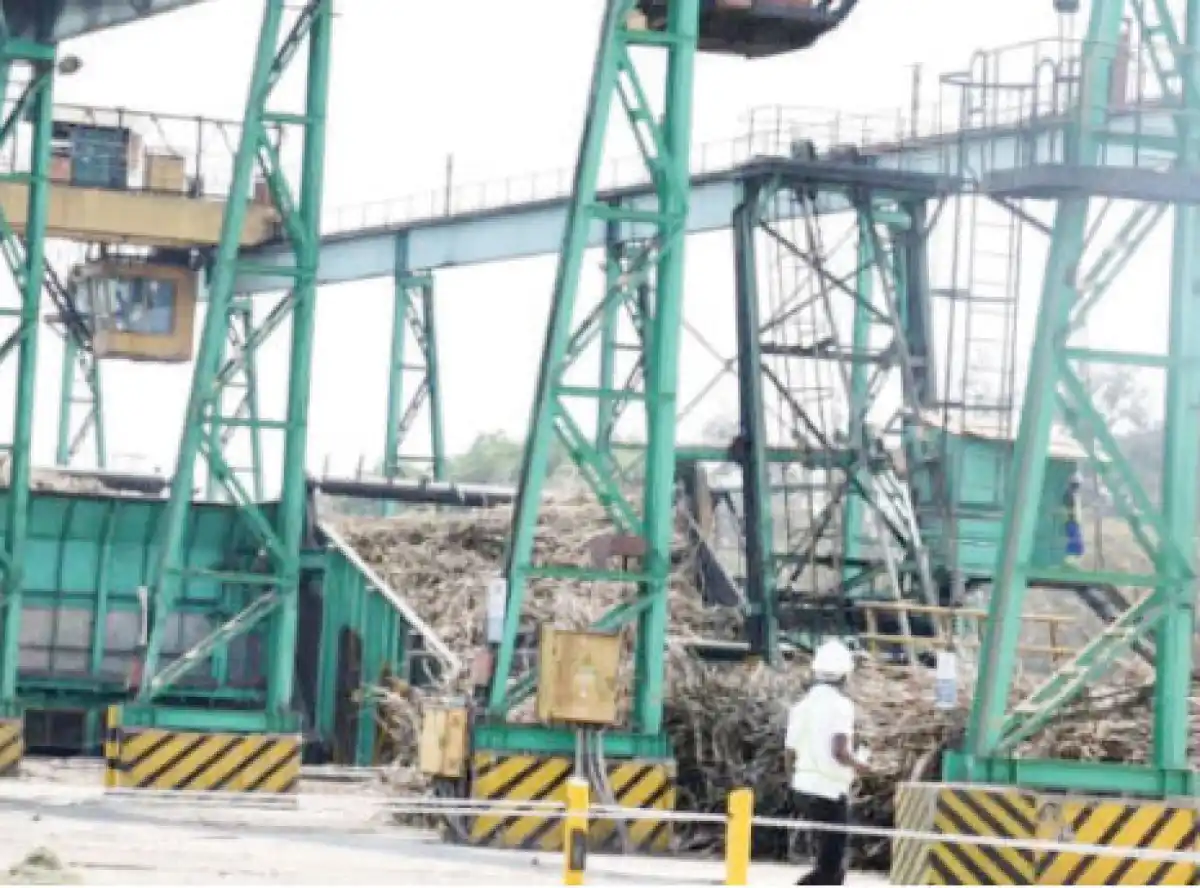
Local manufacturers have cited rising inflation, high production costs and forex scarcity among factors constraining the sector’s growth.
This comes as one of the players in the industry, Malawi Stock Exchange-listed sugar maker Illovo Sugar Malawi, is poised to record a 50 percent decline in its post-tax profit for the year ended August 31 2024.
In a statement issued last week, the firm says its profit-after-tax is projected to be between K17 billion and K28 billion, a sharp decrease from the K56.8 billion reported last year.
Illovo Sugar attributed the downturn to a combination of decreased production, high inflation, foreign exchange losses, and the recent additional 10 percent income tax on profits exceeding K10 billion.
In an interview yesterday, Manufacturers Association of Malawi Chairperson Gloria Zimba said most players in the sector risk reporting low profitability this year due to volatility of the operating environment.
She said rising inflation, high interest rates, Kwacha volatility and forex scarcity top the list of factors threatening profitability for local companies.
She said the operating environment remained challenging, stifling growth chances.
“High inflation has led to increased costs of production. The prices of raw materials, transport and utilities like water and electricity have surged, putting immense pressure on manufacturers.
“Rising production cost has also forced companies to pass on the expense to consumers, making locally produced goods less competitive compared to imported alternatives on the market,” Zimba said.
She said, in turn, most local products have become expensive for the average consumer, who is opting to buy foreign products, most of which are smuggled.
“The smuggling undermines local businesses and reduces government revenue as these products are not taxed.
“Companies often have to queue for forex, and even then, the amounts available are often insufficient. This forex shortage not only hampers production but also strains business relationships with international suppliers,” she said.

In a separate interview, economist Edward Chilima rated the situation as worrisome, saying it reflects broader economic challenges facing Malawi.
“The performance of companies like Illovo Sugar is a clear signal that the economic environment is extremely tough. If these issues are not addressed, we could see more businesses struggling or even closing down.” Chilima said.
He said addressing the economic difficulties required a multifaceted approach which includes increasing the supply of maize— Malawi’s staple crop—to help control inflation.
He then called for a balanced approach to revenue collection that allows businesses to thrive while still meeting government revenue needs.
But Minister of Trade and Industry Sosten Gwengwe said the outlook remains promising as the government continues to work towards addressing the challenges.
“We are looking at bolstering the manufacturing sector, whereby we have just laid new regulations under the Control of Goods Act to promote local production so that we reduce our appetite for imports.
“We believe that such kind of initiatives provide a good legal environment for our manufacturing sector to thrive by protecting them from unnecessary competition from the region and beyond,” Gwengwe said.
In its June 2024 Financial and Economic Review, the Reserve Bank of Malawi predicted a 2.1 percent growth of the manufacturing sector in 2024 from 0.3 in 2023.
However, an economic review for the first half of 2024 by the Malawi Confederation of Chambers of Commerce and Industry (MCCCI) painted a gloomy outlook for the business environment characterised by economic instability.
MCCCI projected a continued tough business environment in the second half of 2024, characterised by inflationary pressures which will influence further tightening of the monetary policy as well as increased pressure on exchange rate as scarcity of forex continues.








0 Comments